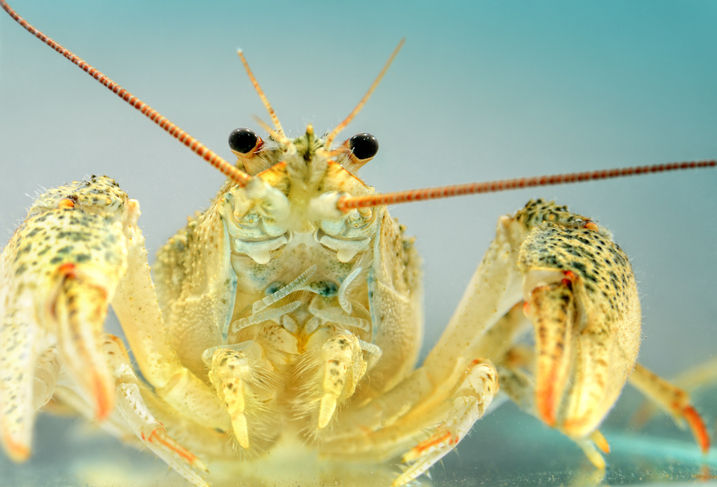Crustacean Compassion on the road for decapod crustaceans used in scientific research
- Sep 12, 2023
- 2 min read
Since the passage of the Animal Welfare (Sentience) Act last year, which recognises decapod crustaceans as sentient animals in UK for the first time, one of our main focusses has been how these animals should be protected when being used in scientific research. Animals like crabs, shrimps and lobsters are used in research throughout the country, but are currently the only sentient animals outside the scope of the Animals (Scientific Procedures) Act 1986 (known as ASPA).
Following our successful workshop with the London School of Economics in April, we’ve been on the road to visit some of the key researchers working with decapods – to learn first-hand about their work and what consequences, both positive and negative, there might be from including them in ASPA.
We started our journey at the University of Plymouth, where behavioural research looking at hermit crabs was taking place. This work includes how long the crabs take to emerge from their shells, and further work is due to take place around the social networks of the animals, which will include mapping movements and connections.
Russell Whiting from Crustacean Compassion with Professor Mark Briffa in Plymouth.
The animals are brought to the lab from the nearby coastline, and held in containers during their usage. We were able to see both a large lab plus some of the smaller side labs, all of which are climate controlled (and pretty chilly).
The next day at Swansea University we heard about the research being done, which aims to tackle issues around aquaculture amongst other things. As well as hearing about the work which has already happened involving cleaner fish, we saw a current experiment which involves a shrimp being in a tank a water which is slowly heated or cooled (within tolerable limits) until the animal moves through a tunnel to a different tank. The plan is to use the preferences to inform companies involved in aquaculture on issues arounds animal welfare.
We were able to meet several members of the team at the Centre for Sustainable Aquatic Research, from undergraduates to senior academic leaders, and discuss existing research gaps which may cause issues for the inclusion of decapods in ASPA.

Russell with the CASR team at Swansea University.
Despite the images which are often conjured up when thinking of animal experiments, everything taking place in these institutions would be considered “below threshold” under the existing regulations and therefore would not be covered by ASPA. Part of the work which the Home Office is currently undertaking, and which is set to continue later in the year under the auspices of the Animals in Science Committee, will look at whether adding decapods to ASPA is the best approach, or whether something bespoke would better meet the needs of the animals and the researchers.
Throughout both visits we were able to have constructive discussions around ASPA, the approach the Home Office is taking and what kind of regulatory framework might work in the future. We aways appreciate these dialogues with people involved with decapods first hand. We will continue the conversations and hope to visit more research facilities in the future as the regulatory framework path emerges.




